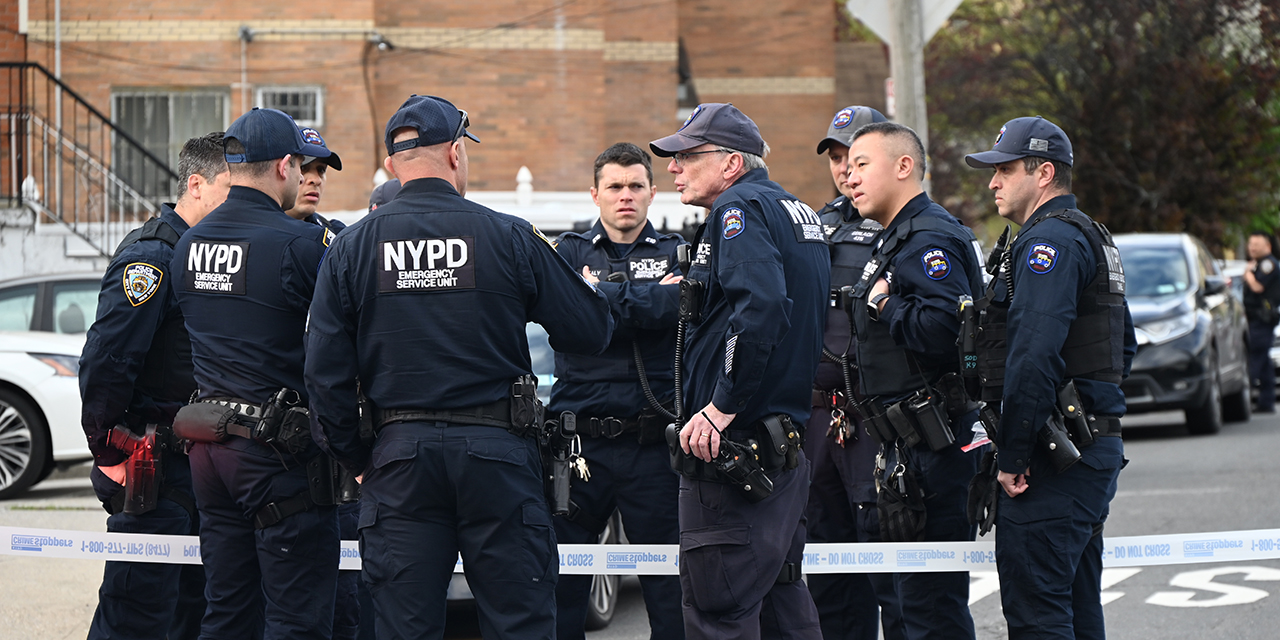The American criminal-justice system stands at a precarious point. A sweeping narrative that the system itself is unnecessary for public safety—or even opposed to it—has resulted in significant policy and investment changes over the past decade.
Advocacy for de-policing, decarceration, and “progressive” prosecution gained traction on the political left (and, to a more limited extent, on the right) after years of declining crime. The movement was supercharged, however, after a Minneapolis police officer killed George Floyd in 2020. Unempirical claims about systemic racism took on new momentum, both in politics and policymaking—persisting even after an explosion of violent and low-level crime ensued.
Years of reduced agency investment, combined with vilification of law enforcement and a reticence, if not outright refusal, to speak honestly about crime realities, have left the overall system struggling. Jurisdictions that can’t recruit quality police officers and attorneys, or afford to train them properly, can’t serve the public with respect and efficiency. Prosecutors whose ideological aim is to prosecute, convict, and sentence less—who are, on some level, anti-prosecution—can’t scrupulously fulfill their duty to secure justice for crime victims. And collapsing jail and prison infrastructure and management can’t safely house inmates or provide effective programs to aid their reentry into society.
Also worrisome is the country’s failure to collect uniform, timely crime data, so that policymakers and the public can understand the public-safety landscape more accurately. Combined with waning investment in creative research or innovative tools, this leaves cities and towns fumbling in their efforts to protect citizens’ lives and keep communities orderly and thriving.
Amid rising public frustration with unchecked criminal behavior, especially in cities, it’s time to confront the policy choices of recent years and formulate a more constructive path for law enforcement and criminal justice. The upcoming presidential race represents an opportunity to chart a new direction that will prioritize the rights and safety of law-abiding Americans everywhere. In the symposium that follows, ten policy thinkers offer ideas on how to do that.
Photo: DonTavo/iStock






